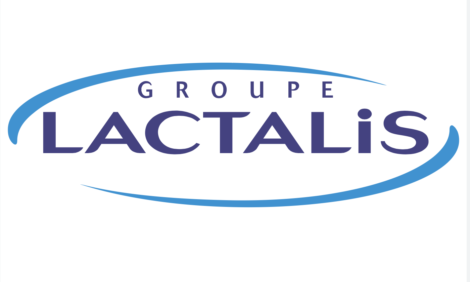



Dairy Policy Stifles Growth, Raises Prices
US - Dairy industry leaders have called for the Senate Agriculture Committee to remove a new dairy programme that is designed to control milk prices from the draft 2012 Farm Bill and instead focus on providing proven safety-net programmes, such as revenue insurance, typically used for other commodities.Miriam Erickson Brown, president and CEO of Anderson Erickson Dairy; Jon Davis, president and CEO of Davisco Foods International, Inc.; and David Ahlem, vice president of dairy procurement and policy for Hilmar Cheese Company, Inc., held a press briefing before heading to Capitol Hill for scheduled meetings with committee members yesterday.
The dairy leaders join the International Dairy Foods Association in opposing the milk supply management programme, called Dairy Market Stabilization, included in Chairwoman Debbie Stabenow’s mark of the 2012 Farm Bill, released on Friday. They believe this programme, first introduced in H.R. 3062, the Dairy Security Act, by Rep. Collin Peterson, will raise consumer prices, hurt exports, cost thousands of new jobs and stifle investments in new facilities.
“These three companies employ hundreds and have invested millions of dollars into the dairy industry, contributing to the economic recovery of the nation’s economy,” said Jerry Slominski, IDFA senior vice president for legislative and economic affairs. “Congress has been told that they can attempt to control milk supply and demand without harming consumers and the overall dairy industry, and that is simply not true.”
Ms Erickson Brown reinforced the consequences of implementing the Dairy Security Act. “This proposed plan will create a chain of events which will limit the milk supply for dairies like AE and result in higher milk prices for consumers,” she said. “Last year, milk prices increased nationally on average by 11 per cent, driving consumers to purchase fewer gallons of milk. A gallon of milk is the foundation for most dairies like ours.”
Dairy exports account for nearly two-thirds of recent dairy industry growth – up nearly $3 billion since 2000. In 2011 alone, US dairy exports set record highs, jumping 13 per cent in volume and gaining more than 20 per cent in value. The US Department of Agriculture job forecasts also clearly suggest this growth benefits jobs, too. In 2011, the USDA estimated that 8,400 jobs are created for every $1 billion increase in agriculture exports.
Davisco's Mr Davis said, "We are a family business that both produces and buys a whole lot of milk. The Dairy Security Act intends to limit the production of that milk in order to try and manipulate the price of milk. In doing so, the act will limit our ability to increase our sales opportunities all around the world.”
“Hilmar has invested millions of dollars to take advantage of the growing international demand for dairy,” said Mr Ahlem of Hilmar Cheese Company. “In the past five years, our export volumes have increased significantly. Over the last two years, we have nearly doubled the capacity of our plant in Dalhart, Texas—a growing dairy region—adding new production lines and adding 150 new jobs.”
Further Reading
|
| - | Go to our previous news item on this story by clicking here. |
TheCattleSite News Desk


